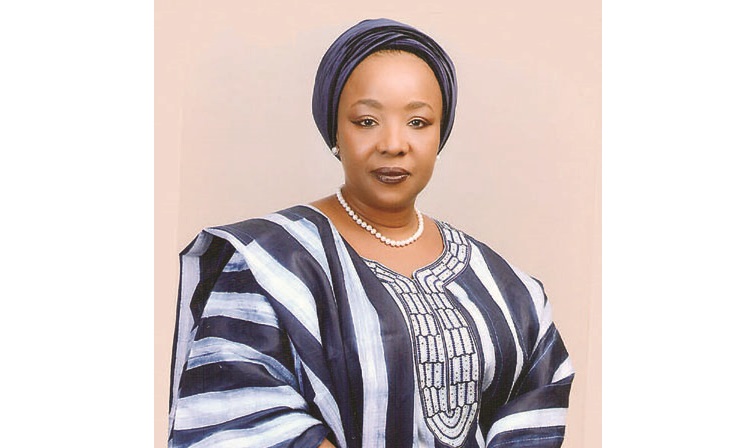The Minister of State for Environment, Sharon Ikeazor, said Nigeria has developed guidelines for Extended Producer Responsibility (EPR) and will commence the implementation scheme in the e-waste, plastic, battery and food and beverages sectors.
She said the guideline was developed by the National Environmental Standards and Regulations Enforcement Agency (NESREA) with support from the German Agency for Development (GIZ), Heinrich Boll Stiftung (HBS) Foundation, Global Environment Facility (GEF) and African Development Bank (AfDB).
- PODCAST: How Internal Wranglings Threaten To Tear PDP Apart
- FEC earmarks $1.484bn for Kaduna, Warri refineries rehabilitation
The minister noted that EPR was an environmental protection strategy aimed at decreasing impact from a product and its packaging by ensuring that the producers of the product took responsibility for the entire lifecycle of their product, especially in the take-back, recycling and final destination.
Speaking at the 11th National Regulatory Dialogue on the Implementation of National Environmental Regulations organised by NESREA, Ikeazor called on the industries and the public to join hands with the government to ensure hitch-free implementation of the programme.
She said, “All producers should take responsibility for incorporating environmental concerns in the design, process and disposal of their products, including packaging.
“EPR is a framework of action for a collaboration and partnership approach between government, businesses and the larger society towards achieving a zero-waste society in the near future.”
In his welcome address, the Director-General of NESREA, Prof Aliyu Jauro, said the exponential growth in population and the subsequent expansion of industries had increased the volume and complexities of waste which now concentrated in few nodal points.
Prof Jauro said, “It is estimated that Nigeria generates more than 32 million tonnes of solid waste annually, out of which only 20-30 per cent is collected. Reckless disposal of municipal solid waste has led to blockage of sewers and drainage networks and choked water bodies.”
While noting that most of the wastes are generated by households, local industries, artisans and traders, he said EPR was globally considered the acceptable option to control waste generation.

 Join Daily Trust WhatsApp Community For Quick Access To News and Happenings Around You.
Join Daily Trust WhatsApp Community For Quick Access To News and Happenings Around You.


